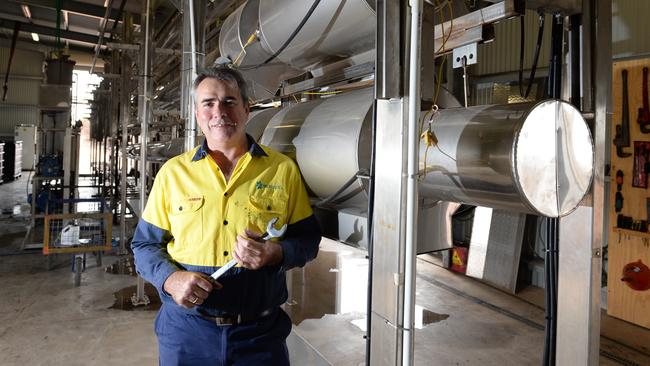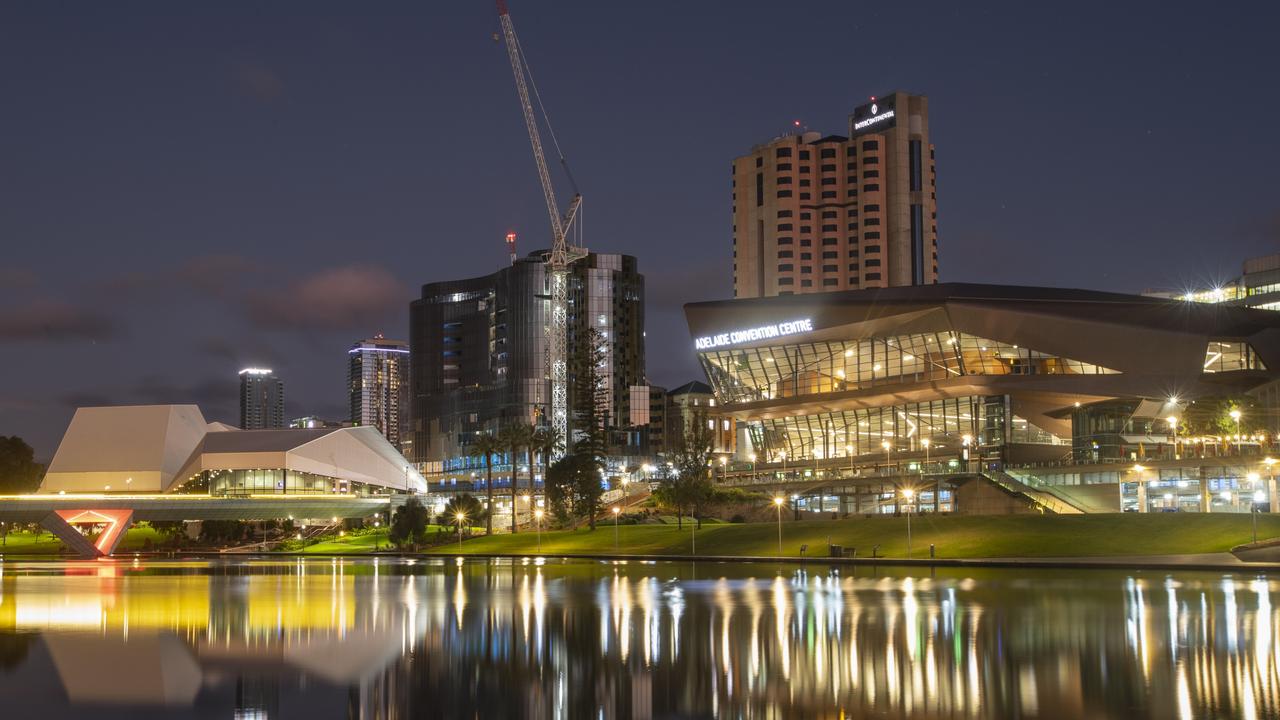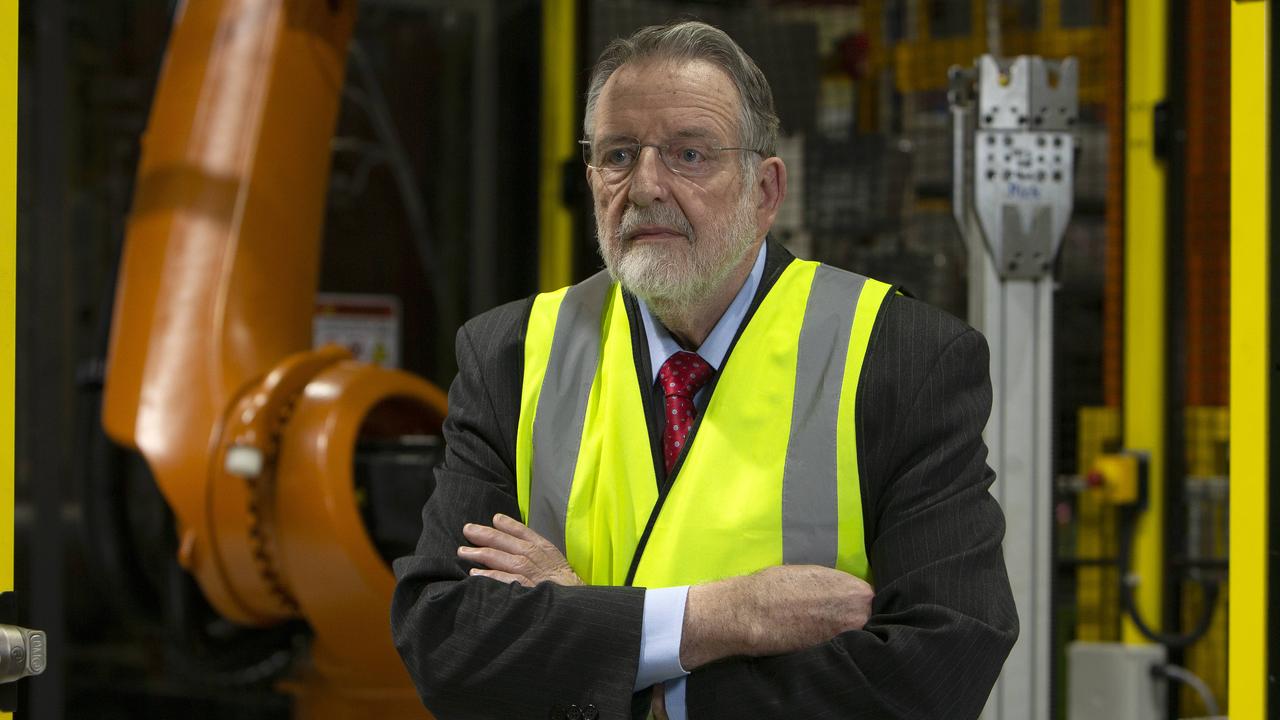Muradel refocuses Whyalla biofuel venture
ASPIRING Whyalla-based commercial biofuel producer Muradel will receive a new federal grant next month to start scaling up its demonstration plant as it refocuses on new feedstock.

SA Business
Don't miss out on the headlines from SA Business. Followed categories will be added to My News.
ASPIRING Whyalla-based commercial biofuel producer Muradel will receive a new federal grant next month to start scaling up its demonstration plant as it refocuses on new feedstock.
Muradel did not disclose the grant amount with paperwork in Canberra still being finalised, but it comes weeks after a separate $500,000 grant from the State Government to support diversification of its ongoing research.
Chief executive Professor David Lewis said the company has been focused on demonstrating it can produce biocrude oil from microalgae since 2011, first in WA and since 2013 in SA.
But its proprietary Green2Black technology would now be demonstrated using car tyres and biosolids from municipal waste streams as feedstock.
“Our development journey has ended, this is now demonstrating the economic viability of our technology,” Professor Lewis said.
Importantly, Muradel’s Karratha pilot plant was producing oil from micro-algae at about $9.90 a litre and the aim at Whyalla was to reduce this to less than $1 a litre, which has not yet happened.
“We realised new feedstocks that are easily available can give us a better economic outcome with the focus now being on tyres, biosolids and algae in that order.”
Muradel is a joint venture between the University of Adelaide, Murdoch University and SQC.
It spent $10.5 million on its Whyalla plant, supported by a $4.5 million grant from the Federal Government’s Australian Renewable Energy Agency, some funding came from the State Government’s BioSA agency and through the Whyalla council.
It currently occupies close to 4 hectares of land leased from the Whyalla council, but has access to 200 hectares adjoining the existing site.
A number of developers, including global Indian giant Adani Group, are discussing large solar farm proposals nearby, but Professor Lewis said the group has “first right of refusal” to the 200 hectares.
While the state government funding will help buy the machinery to cut up the rubber for processing, the federal money will be used to upgrade the reactor and other processing plants on site.
“The new processes will need bigger reactor tubes to operate at higher temperatures.”
Separately, three more algae ponds are being built on site to add to the existing two to support research with an unnamed Japanese cosmetics giant who wants to replace the unpopular palm oil with oil from the algae.
This work has been going on since 2012 with the Japanese company due to decide on a commercial investment in Muradel in 2017.
Professor Lewis said the group had “invested millions” already.
While that prospect is taking shape, Muradel is focusing on its purpose for existence — producing 500,000 barrels of refinable green crude per year potentially by 2018.
The capital cost of the commercial plant has not been revealed but up to 60 per cent of the cost will be funded by Muradel through private equity and shareholders, Professor Lewis said.
About 12 full time staff are employed at Muradel with two more joining in May and another four joining in September.


